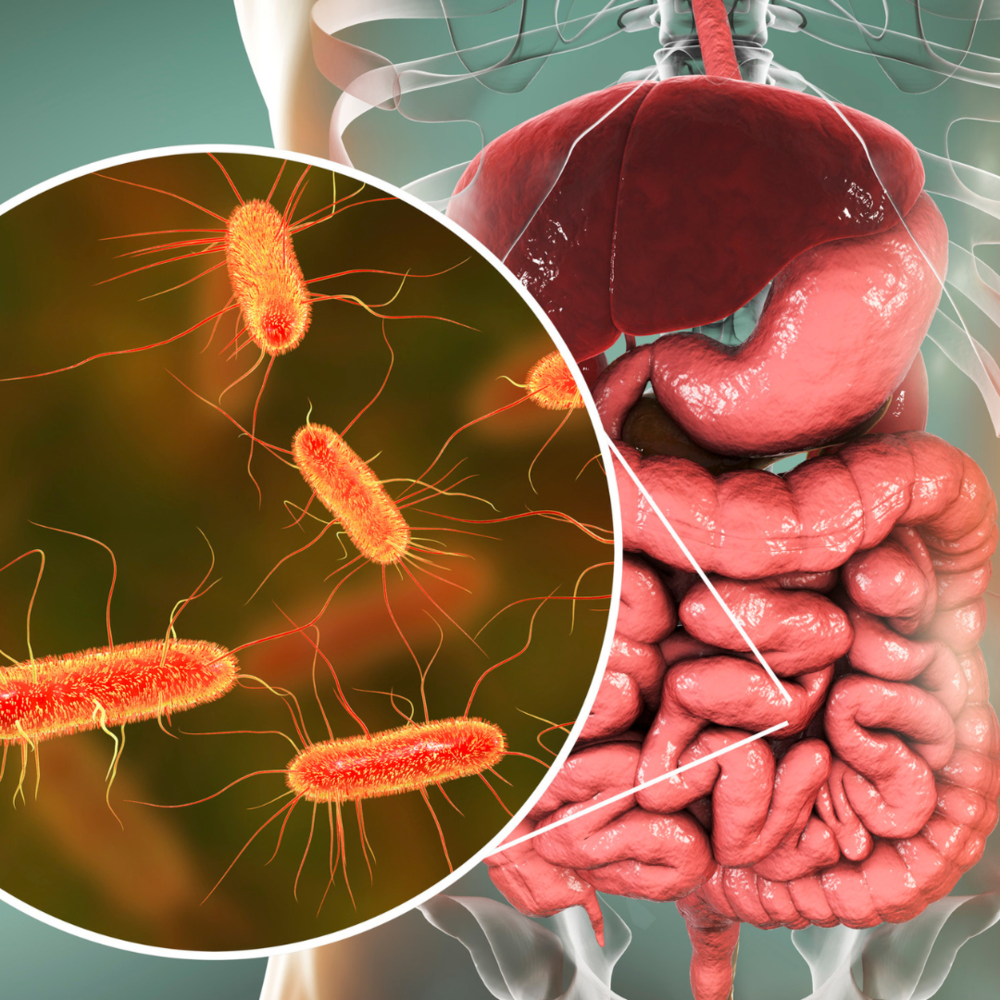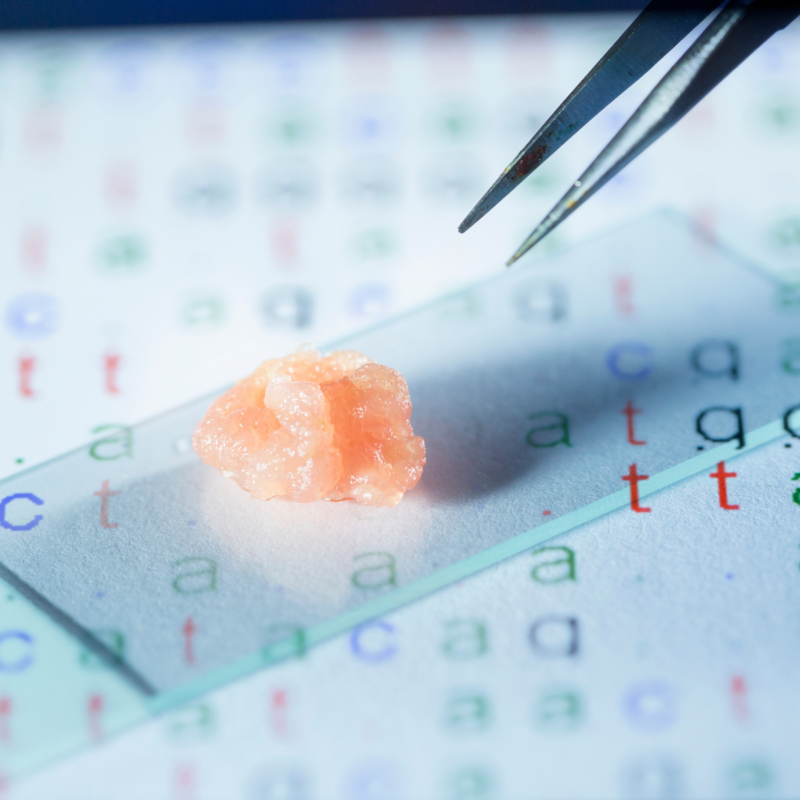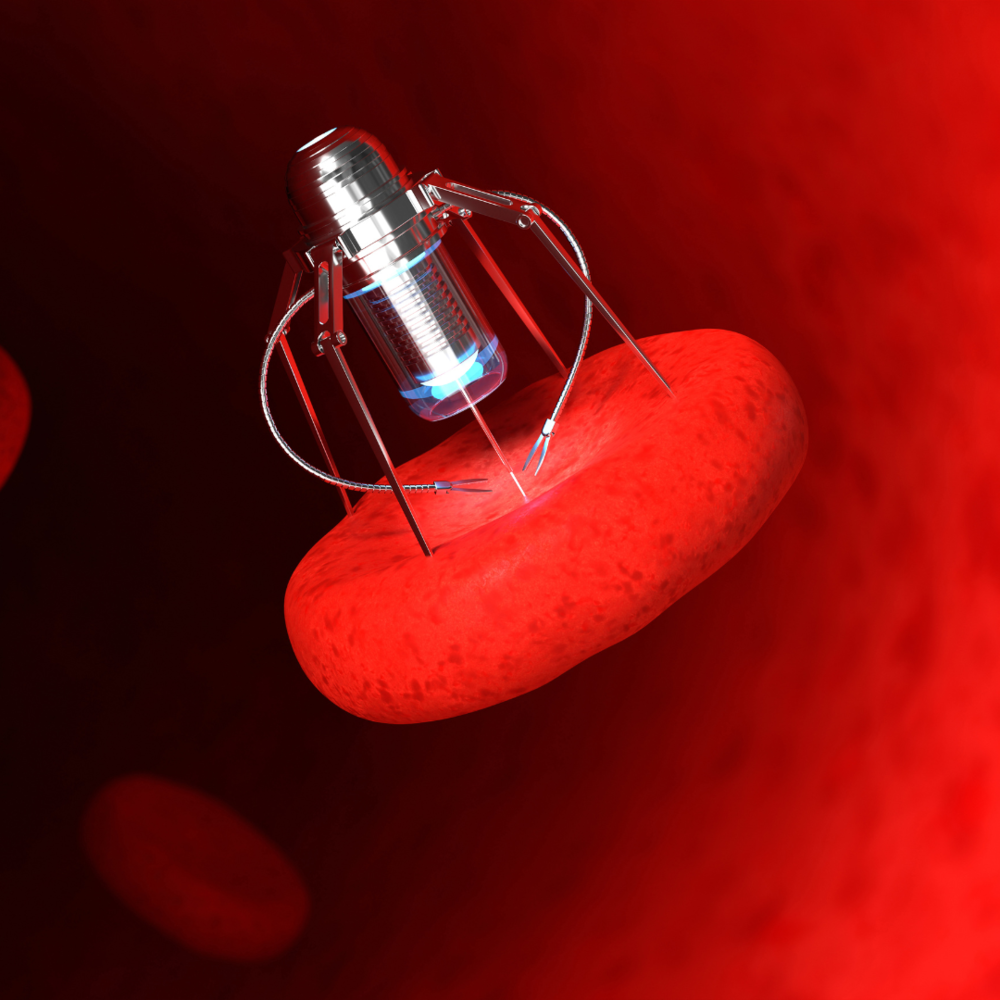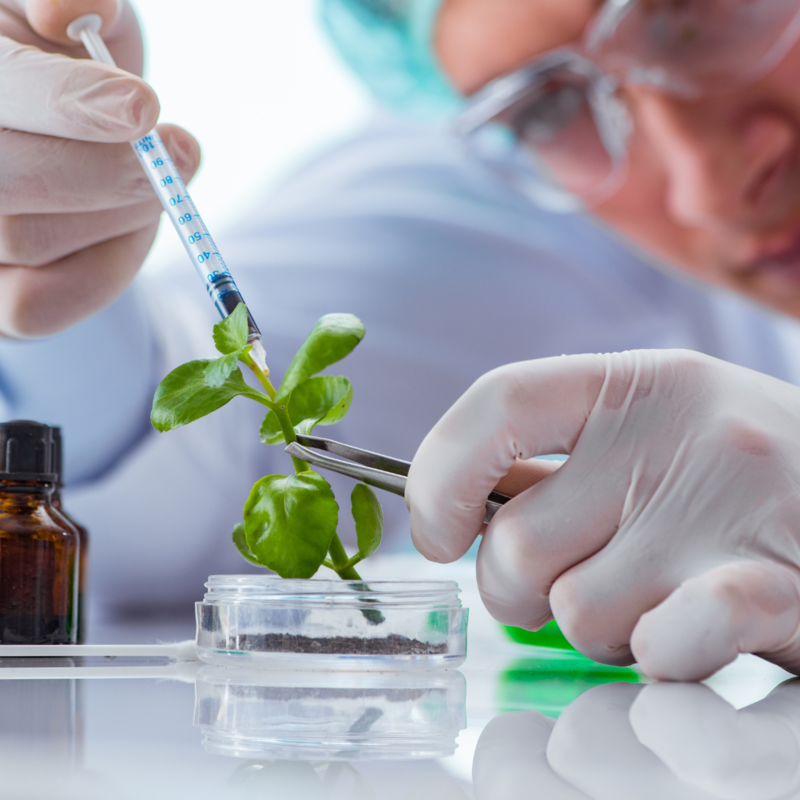Innovative Research in Biotechnology
July 20, 2024
Biotechnology stands at the forefront of scientific innovation, offering groundbreaking solutions to some of the world's most pressing challenges. From developing new medical treatments to advancing sustainable agricultural practices, biotechnology research is revolutionizing various fields. Let's delve into some of the most exciting and innovative research happening in biotechnology today.
Gene Editing: The CRISPR Revolution
One of the most transformative advancements in biotechnology is the development of CRISPR-Cas9 gene-editing technology. CRISPR allows scientists to make precise changes to DNA, offering potential cures for genetic disorders, improved agricultural crops, and innovative treatments for cancer. Researchers are exploring CRISPR's capabilities to target and correct mutations that cause diseases like cystic fibrosis, sickle cell anemia, and muscular dystrophy. The technology also holds promise for creating disease-resistant plants, reducing the need for chemical pesticides, and increasing crop yields to address food security.


Microbiome Research: Unlocking the Power of Microbes
The human microbiome, composed of trillions of microbes living in and on our bodies, plays a key role in our health and well-being. Researchers are investigating how these microbial communities influence various aspects of health, including digestion, immunity, and even mental health. Innovative research in microbiome therapy is leading to the development of probiotics and other treatments that can restore healthy microbial balance, potentially addressing conditions like inflammatory bowel disease, obesity, and depression.
Synthetic Biology: Designing Life
Synthetic biology is another exciting area of biotechnology, where scientists design and construct new biological parts, devices, and systems. This field combines biology, engineering, and computer science to create organisms with novel functions. Researchers are working on developing synthetic microorganisms that can produce biofuels, biodegradable plastics, and new pharmaceuticals. These innovations have the potential to reduce our reliance on fossil fuels, decrease environmental pollution, and create sustainable alternatives to conventional materials and medicines.


Regenerative Medicine: Healing from Within
Regenerative medicine focuses on repairing or replacing damaged tissues and organs using the body's own healing mechanisms. Stem cell research is at the core of this field, with scientists exploring ways to use stem cells to regenerate damaged heart tissue, restore vision, and treat neurodegenerative diseases like Parkinson's and Alzheimer's. Advances in tissue engineering are also enabling the creation of artificial organs and tissues that can be used for transplantation, offering hope to patients with organ failure and severe injuries.
Agricultural Biotechnology: Feeding the Future
Biotechnology is making significant strides in agriculture, with research focused on developing crops that are more nutritious, resilient, and sustainable. Scientists are using genetic engineering to create crops that can withstand extreme weather conditions, resist pests and diseases, and require fewer resources like water and fertilizers. Innovations such as drought-tolerant maize, insect-resistant cotton, and biofortified rice enriched with essential vitamins and minerals are poised to enhance food security and improve global nutrition.

Biotechnology is a rapidly evolving field with the potential to transform our world in profound ways. The innovative research happening today holds promise for curing diseases, creating sustainable solutions, and improving the quality of life for people around the globe. At American International University (91直播), we recognize the importance of this cutting-edge research and have established a comprehensive biotechnology program to equip the next generation of scientists and innovators. Our program is designed to provide students with the knowledge and skills needed to contribute to these groundbreaking advancements. To learn more about our biotechnology program and how we prepare students for a future in this exciting field, explore our Biotechnology program.

